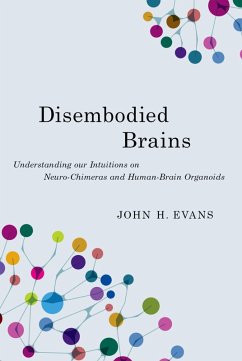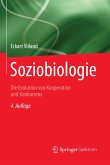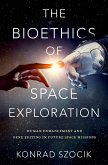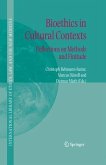Recent new technologies have brought the realm of science fiction to reality. The development of human-animal neuro-chimeras, which are animals with some component of a human brain, plays into society's long-standing fascination with the crossover between humans and animals. In the same way, the development of human brain organoids-small parts of a human brain grown from harvested human cells-feeds our fear and fascination of disembodied brains. The general reaction to these technologies is shock or disgust. This book closely examines the public's response to such new scientific advances: the questions they raise about the biological essence of personhood, the ethics of growing and mixing human-animal parts, and the fears of dystopian misuse that might arise from the development of such technologies. There is a general public belief in a foundational distinction between humans and animals, and the development of human-animal neuro-chimeras violates this belief and creates opposition to the technology itself, regardless of the intentions behind its development. There is a similar foundational belief that disembodied human parts, such as harvested cells used for the creation of human brain organoids, are not truly separated from the original donor and therefore a brain organoid grown in a dish retains some essence of the person from whom the cells originated. This likewise results in concern and resistance to such technology being used at all. In Disembodied Brains, John H. Evans also examines general attitudes toward biotechnology overall that contribute to public views of neuro-chimeras and organoids, and concludes with a discussion of the best ways to set reasonable limits on these technologies, so that they might be used for advancement of medical science without empowering the dystopian abuse that people rightly fear.
Dieser Download kann aus rechtlichen Gründen nur mit Rechnungsadresse in A, B, BG, CY, CZ, D, DK, EW, E, FIN, F, GR, HR, H, IRL, I, LT, L, LR, M, NL, PL, P, R, S, SLO, SK ausgeliefert werden.









